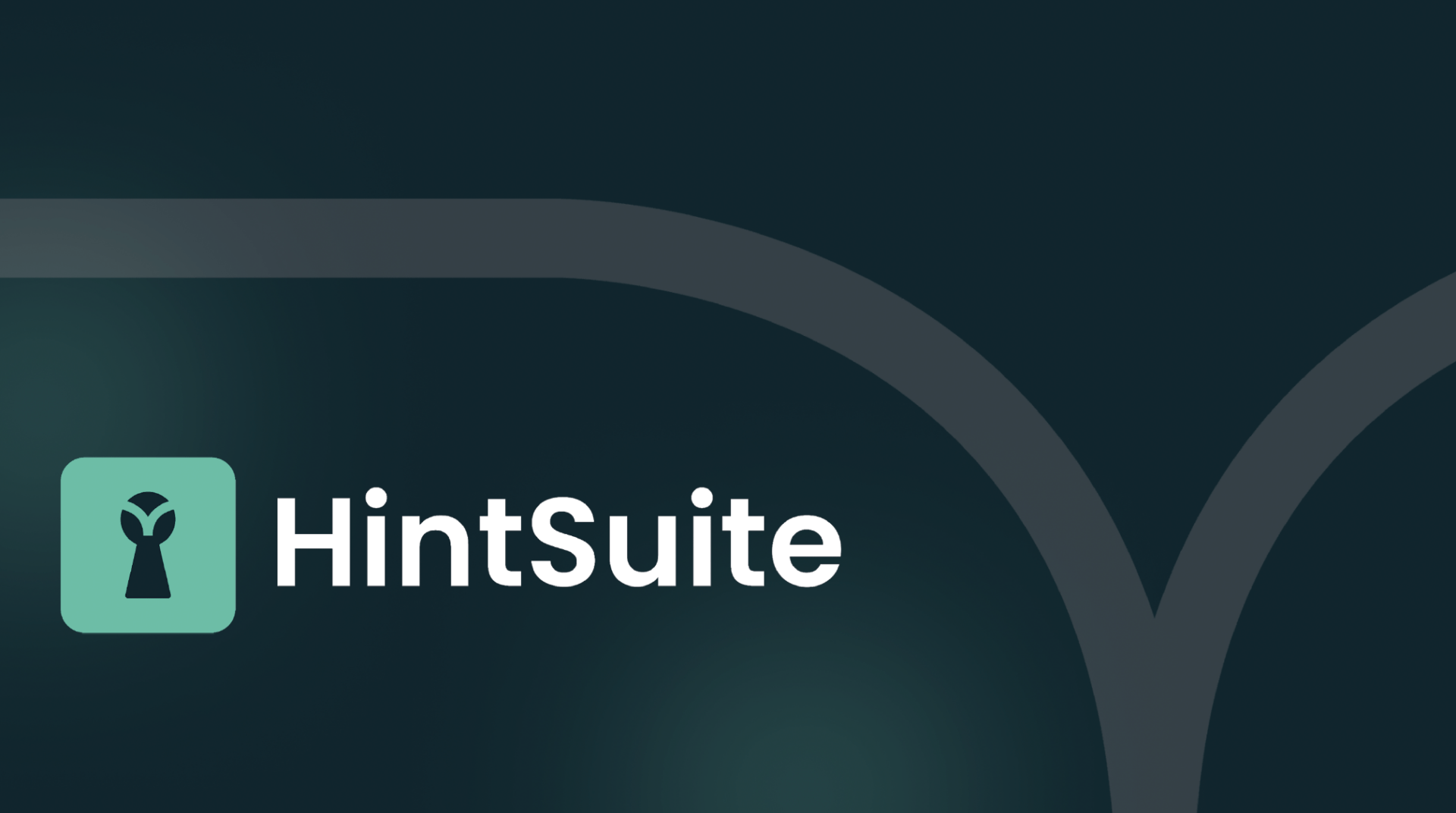Looking for effective compliance solutions for SMEs? Automated whistleblowing systems and compliance tools not only ensure legal adherence but also significantly reduce costs. Discover how these systems work, their advantages, and how you can implement them in your organization.
A Brief Overview of Whistleblowing Laws in the EU
The EU Whistleblower Directive aims to protect individuals who report violations of EU law. It ensures whistleblowers are legally safeguarded and promotes the establishment of secure reporting channels within companies. Organizations with 50 or more employees are required to implement such channels and protect whistleblowers from retaliation.
Key provisions of the directive include enabling anonymous and secure reporting both internally and externally. This encourages employees to utilize internal channels before approaching external bodies. While implementation varies among member states, all countries have enacted laws aligned with EU requirements.
Compliance with this directive helps businesses avoid legal penalties and fosters trust among employees and partners. A well-implemented whistleblowing system significantly supports compliance efforts and contributes to a transparent corporate culture.
Why This Matters for Businesses Now
Compliance protects businesses from legal risks and safeguards their reputation with customers and partners. For SMEs, this is especially critical as they often lack the resources of larger companies, and violations can have more severe consequences. Partnering with compliance experts can help address these challenges effectively.
Regular monitoring and audits ensure adherence to internal compliance policies, mitigating risks while serving as a competitive advantage by strengthening customer trust. Automated compliance processes enhance efficiency and streamline operations.
Whistleblowing systems are not just a legal obligation; they drive success by improving internal operations and addressing potential issues early. Neglecting compliance measures risks significant legal and financial repercussions.
Key Elements of the EU Whistleblower Protection Directive
The directive mandates companies to establish internal reporting channels for reporting misconduct. These channels must ensure secure, anonymous reporting and the protection of whistleblowers.
Key Requirements of the Directive
- Acknowledgment: Companies must confirm receipt of reports within seven days, demonstrating that concerns are taken seriously.
- Anonymity: Whistleblowers’ anonymity must be maintained throughout the process to ensure their safety and build trust.
- Feedback: Whistleblowers must be informed of actions taken within three months, enhancing transparency and confidence in the system.
- GDPR Compliance: Reporting systems must adhere to GDPR regulations, particularly regarding personal data protection.
Who Needs to Comply
Public entities and private companies with over 50 employees must implement whistleblowing systems. The requirements also apply to financial institutions regardless of their size and extend to public organizations and training programs.
Deadlines and Penalties
Smaller companies (50–249 employees) have until the end of 2023 to implement whistleblowing systems. Non-compliance can result in fines of up to €50,000, or €100,000 for breaches like obstructing reports or violating confidentiality.
Automated Whistleblowing: A Modern Solution
Automated whistleblowing systems offer efficient reporting and processing of misconduct within organizations. These systems ensure anonymity and security, fostering a transparent and ethical workplace culture.
Benefits for SMEs
- Accelerates reporting and resolution of issues.
- Reduces manual processes, lowering administrative costs.
- Ensures adherence to legal requirements.
- Builds employee trust and promotes open communication.
Cost Savings Through Automation
Automation minimizes inefficiencies in manual workflows, reduces administrative burdens, and optimizes compliance processes, resulting in significant cost reductions.

Hintsuite: Tailored Compliance Solutions
Hintsuite’s compliance management software is designed to streamline whistleblowing processes:
- Anonymous Reporting: Ensures secure, confidential reporting to encourage transparency.
- Secure Communication: Enables protected, two-way communication between reporters and management.
- Case Management: Tracks and organizes reports for efficient resolution.
- Deadline Management: Integrates reminders to ensure compliance with legal deadlines.
- GDPR Compliance: Safeguards personal data in accordance with EU regulations.
Implementation in SMEs
A successful whistleblowing system requires both technical readiness and employee engagement.
Technical Implementation
Digital solutions like Hintsuite offer user-friendly, secure platforms for anonymous reporting. Integration into existing processes is seamless and requires minimal IT involvement.
Employee Training
Educating employees about the benefits and use of whistleblowing systems fosters trust and adoption. Regular training ensures awareness and effective utilization.
Conclusion
Automated whistleblowing systems are not just a legal requirement but a strategic advantage for SMEs. By streamlining compliance processes, reducing costs, and promoting trust, these systems foster a transparent business environment.
With tools like Hintsuite, SMEs can meet legal requirements while building a culture of integrity and openness, ensuring long-term success and sustainability.
Frequently Asked Questions
- What features does HintSuite offer for whistleblowing?
HintSuite allows secure and anonymous reporting, enabling transparent communication while protecting whistleblowers’ identities.
- How can businesses set up the system?
Companies can invite internal or external users via email to manage and process reports efficiently.
- What compliance support does HintSuite provide?
HintSuite ensures alignment with whistleblower protection laws, helping businesses identify issues early and maintain integrity.






